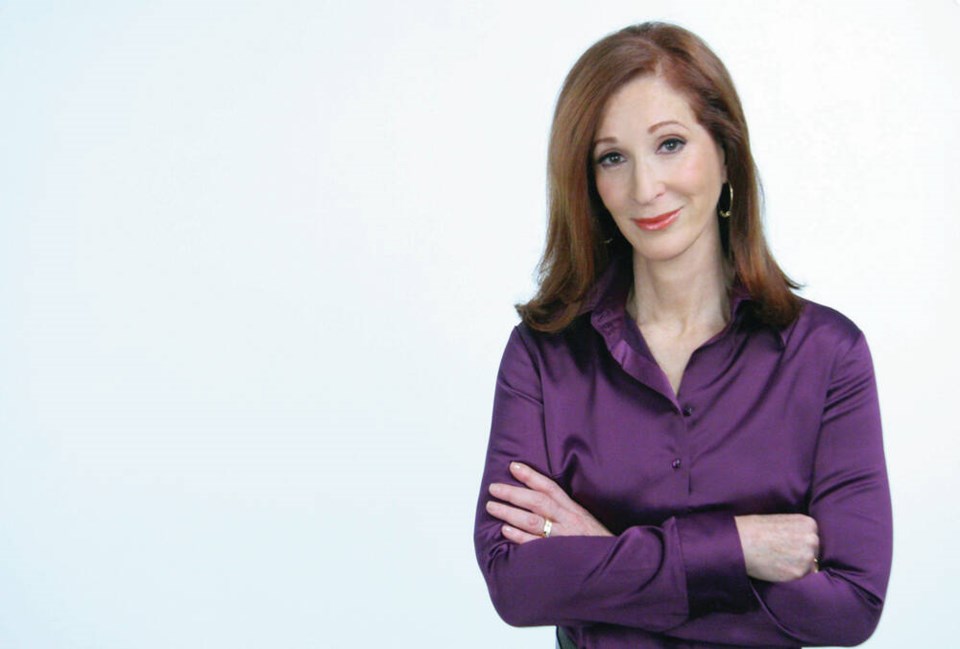Dear Readers: If you’re a single and seeking a relationship, hurry up, because the so-called “cuffing season” is very close to being over.
“Cuffing” is a publicity-hyped social media phrase about singles wanting to “couple up” during the colder months (especially this winter!) specifically considered to be right after Halloween until after Valentine’s Day.
And it’s yet another hook to this relationship advice column, offering some of my recent discussion with dating coach Carmelia Ray, who also calls the build-up to Valentine’s Day the “cuddling” season.
A clever term, since it’s what so many singles have yearned for during the pandemic.
A 91įŁ┤┤ with 30 years in the matchmaking/coaching business, Ray’s go-to tip are about narrowing your search for a partner. To simplify:
Know first what you bring to a relationship. Then, be direct about finding out what the other person has in mind beyond an interest in chatting online.
Stay fully aware that this is still a time of COVID when more patience, empathy and understanding are needed. (Ellie: So true in all our relationships, whether in the family and/or with friends, neighbours etc.)
“If you can do this together, under similar pressures and concerns, you’ll see what each other is like in difficult circumstances,” Ray says.
She also doesn’t sugar-coat the very real social difficulties of going from a couple of online dating chats to when some would-be daters must ask/answer invasive questions about meeting in person, e.g., with someone questioning the other’s vaccination status, whether travel is mutually acceptable, etc.
Most relationship-seekers know that the only response to “serious red flags” is to RUN, but Ray notes the dangerous skills of narcissists (love-bombing to win you, then taking control), serial date-cancellers, and skilled manipulators.
* Final warning: Listen to your inner voice that says you’re not feeling certain, and it’s better to move on until you find the right person for you.
“If you haven’t met someone’s parents within three months, that person isn’t aligned with your goals.”
In other words, don’t waste your time just yearning.
Divorced, now in a 16-year common-law relationship with a blended family, Carmelia Ray reflects on her own “mistake” of not seeing a therapist when her marriage was ending.
“We all need an accountability partner, whether a therapist or coach, and it doesn’t have to be me. That’s how I can trust my decisions to not make the same mistakes…. especially not in the love business!”
Dear Ellie: COVID is hopefully becoming something that we learn to live with, as we’ve previously done for decades regarding the flu.
However, many people are still suffering the lingering mental-health effects of two years of lockdowns and isolation, plus physical-health issues, and financial hardship for those who’ve suffered loss of income.
My neighbour fortunately experienced none of those problems but, as some parts of the world are opening up, she’s already booked three different vacations over the next eight weeks.
How do I convince her that boasting of these plans is unkind/offensive while many other people are still suffering COVID-related hardships?
#I’mNotJealous
It’s time for everyone to become as aware as you are of considerably different after-effects of experiencing a pandemic. Whether it’s persistent illness or anxieties, the reality for many is that there’s still months of healing and adjusting to go.
Your neighbour needs to learn discretion. Say so.
Reader’s commentary regarding the elderly mother who lost her driver’s license but blames her daughter (Jan.20):
“As a retired social worker in the medical field, I can attest that, in Ontario, physicians are legally obligated to report patients to the Ministry of Transportation if they believe the patient’s medical condition could impair their driving. That report determines whether there’s a suspension.
“A suspended driver can have their driving skills officially assessed for a cost. Many people resume driving when their medical issues stabilize.
“The physician clearly didn’t tell the writer’s mother these facts.
“More important, the mother needs a full geriatric assessment including cognitive testing. This might help her and family members understand her medical status more fully.
“But assessment may be difficult given the mom’s lack of insight and family conflicts.
“Often, the one family member who truly sees what’s going on is ostracized from the rest of the family.”
Ellie’s tip of the day
Start practicing the relationship goals that you’ve defined, still in time for Valentine’s Day, if you want to get cuffing and cuddling with someone you can trust!
Send relationship questions to [email protected].



